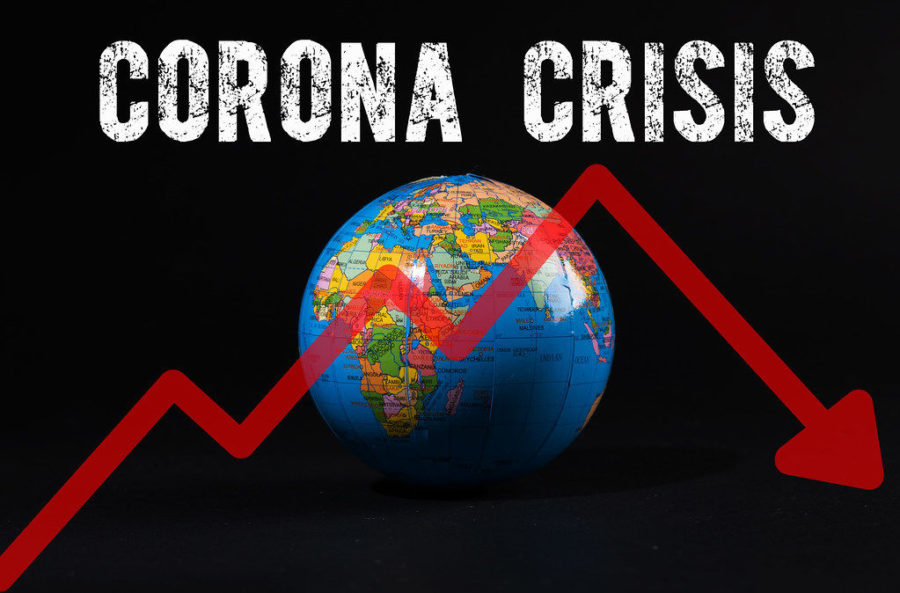Schwierking: A virus that we just can’t kick
Columnist Sam Schwierking reemphasizes that COVID-19 is not gone and the economy needs to heal naturally.
June 11, 2020
With the panic and chaos of COVID-19 for three months, you are probably tired of hearing the same old thing over and over. Now the narrative has turned to how the pandemic is finally coming to a close and things are going to go back to somewhat what they were.
Unfortunately, you’re wrong.
The economic impact coronavirus has taken on the U.S. economy is going to be detrimental for many years on not only the brands you love to buy, but also on the small businesses in your community. Even in the place we all are going to call home for the next nine months in August is going to have a drastically different feel.
At a glance, the market will not hit prepandemic levels for at least another couple years (source at 2 years, source until we get a vaccine), if not longer. And with a potential second wave of the pandemic going to hit in the fall, it looks like the economy is still in for the long haul.
There is a small glimmer of hope though. With a small bounce back in the month of May due to the United States gaining 2.5 million jobs, we might be able to be in a stable position before the next wave of COVID-19 in the fall. Sadly, while the damage is still visible with many Americans still without a job and unemployment being so high, it looks like there is going to be a tough hill to climb.
With the unknown of what this glorified flu is going to do in the fall, I think it is in the country’s best interest to try to make small adjustments until after the second wave has been through. If we were to flood the market now, it would create an economic boom, but that could be torn down just as fast as it was built up in the fall.
My proposal is that we allow the U.S. economy to take care of itself and try to build it back up as a society. If the government gave every household $1,000 to buy whatever they wanted, the market would go into that economic boom and it would be unable to heal naturally. The catch here is that the money is only good for a week. Therefore, you have to spend it as soon as you get it, subsequently helping the market grow in size.
An example of this is where each family was given a $25 voucher to spend at a small business restaurant. This was maintained with a list and, if the restaurant was on the list, you could use the voucher there. Creating a similar plan like this could be crucial to the rebuild of our economy.
Unfortunately, like every idea, there is a downside that needs to be weighed. With “printing money,” you can make inflation worse. With inflation rates being high, this can lead to another recession or lower stability.
Just like most issues in politics, it is going to be the battle between two evils and which one can help us get out of this with the least amount of damage to our livelihood. The best thing you can do right now is trying to help the small businesses around where you live and help your neighbors because, as a society, if we work together we can and will get through this.
Sam Schwierking is a sophomore in industrial engineering.







